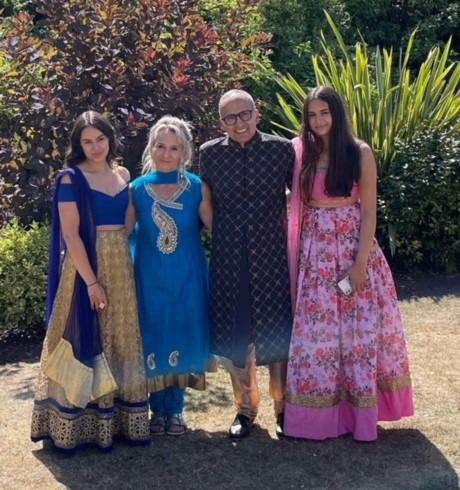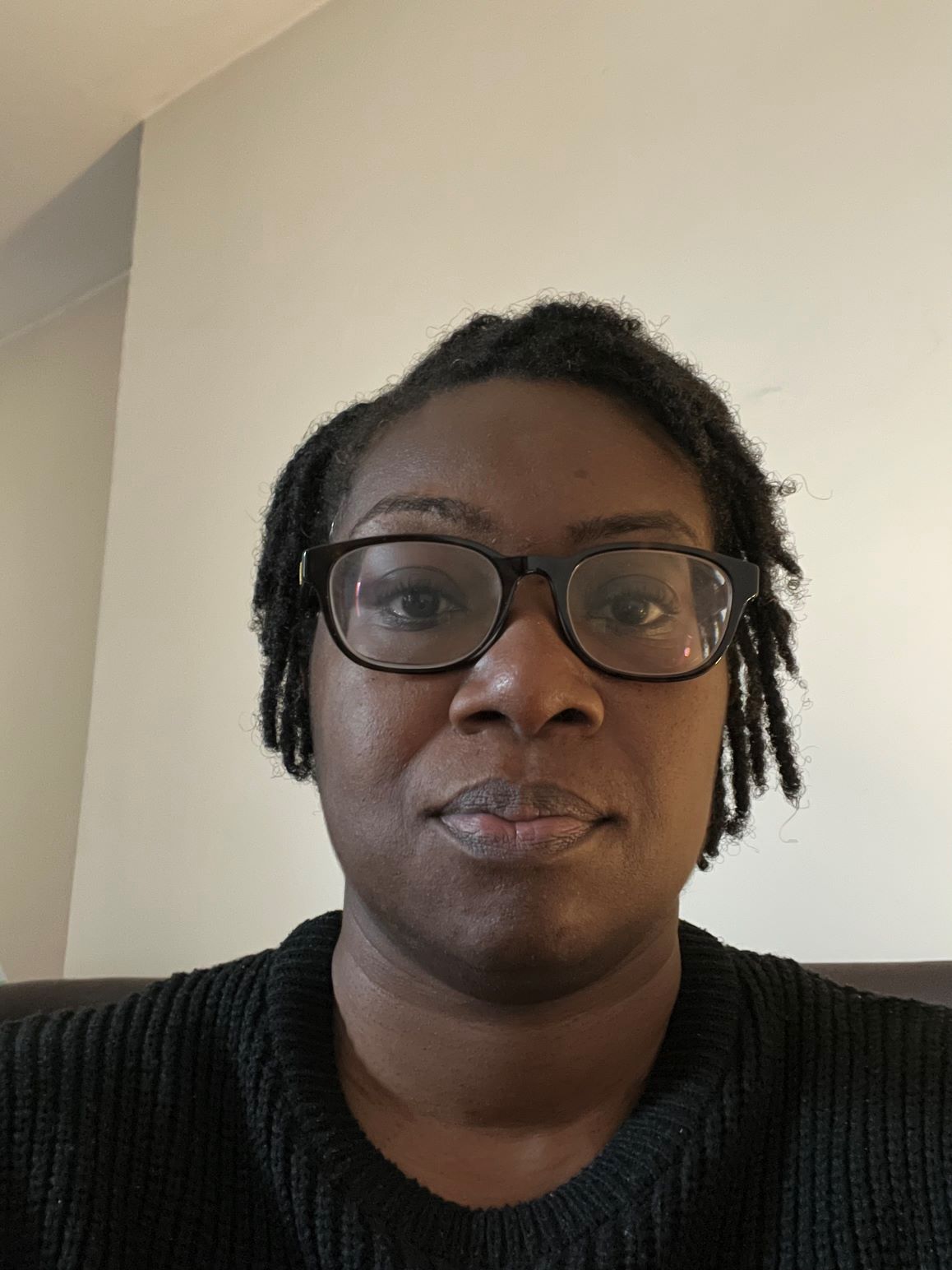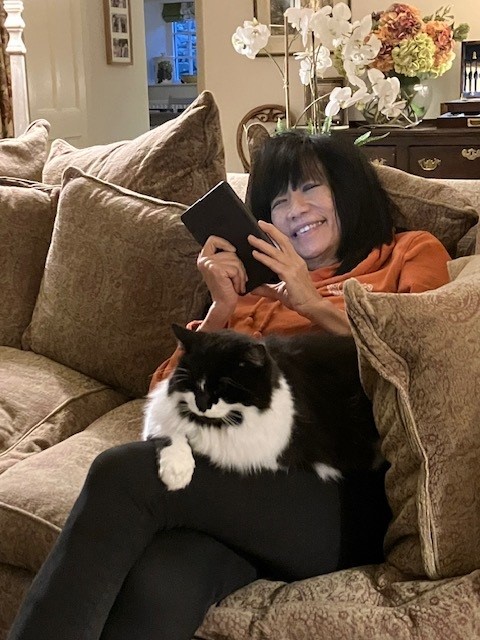Increased proportion of people from ethnic minority backgrounds show their support for organ donation
The proportion of people from Black, Asian and minority ethnic communities registering to donate on the NHS Organ Donor Register is on the rise, but there’s still a need for families to support donation.
A new report published today by NHS Blood and Transplant shows that an increased proportion of potential organ donors of Black and Asian heritage are showing their support by registering their decision to be a donor on the NHS Organ Donor Register, but the number of actual deceased donors fell last year (2022/23).
Recent figures
The latest figures published today (Wednesday 25 October) in NHS Blood and Transplant’s Annual Report on Ethnicity Differences in Organ Donation and Transplantation show that in 2022/23, people of Asian heritage represented 4% of deceased donors but 15% of deceased donor transplants and 19% of the transplant waiting list; while those of Black heritage represented 2% of deceased donors but 9% of deceased donor transplants and 11% of the waiting list, similar to figures from the previous year. There was also an increase of 6% of living donors.
The report also highlights a considerable rise in the proportion of opt-in registrations from ethnic minority groups on the NHS Organ Donor Register (ODR) over the past five years. In 2018/19, 7.1% of people who registered in support of organ donation and declared their ethnicity were from ethnic minorities, a figure that rose to 11.7% in 2022/23.
Kal's story
 Kal Sandhu is a 52-year-old dad of two from Brecon in Wales and is encouraging people of all ethnicities to declare their decision on the NHS Organ Donor Register as he waits for a heart transplant.
Kal Sandhu is a 52-year-old dad of two from Brecon in Wales and is encouraging people of all ethnicities to declare their decision on the NHS Organ Donor Register as he waits for a heart transplant.
Kal said,
"Being on the transplant list brings uncertainty that permeates every aspect of your life,"
"It’s difficult to plan. Taking time to go away to re-group is problematic because I would be suspended from the list, and I could miss an organ offer while we are away."
Kal, who is originally from Wolverhampton, was born with a rare heart condition and has needed ongoing surgeries and treatment throughout his life to help him live a full life, which includes a successful legal career in London and marrying his wife Ros and bringing up his daughters, Milly, 21 and Joti, 15.
To manage his acute heart failure, and effectively buy him time while he waits for a transplant, Kal has been receiving an IV infusion at the University Hospital Wales in Cardiff every three weeks. Unfortunately, Kal’s health has deteriorated in the last few months and in September he was placed on the urgent list for a heart transplant.
Kal’s wife Ros said;
"We've had conversations with our daughters who have watched their active dad slowly do less and less. As a family we're stuck in this limbo, teetering between grief and hope. Because of Kal's antibody levels from prior treatments, we were informed there's only a 10% chance of him receiving a donor heart, so whilst we had hope again, it was very tempered. Thankfully Kal is remarkable in how he copes day to day, and he even manages to use humour to get us all through the tough times”.
Kal remains optimistic that he will get the call for his transplant and is dedicated to raising awareness of organ donation, especially among individuals of his faith. He believes that organ donation aligns with his Sikh faith as it offers the opportunity to save the lives of others.
He remarks, "I'm still here, and there's still hope."
While the rise in opt in registrations from ethnic minorities is promising, there remains a pressing need for people from these communities to support the decision of their loved one to become an organ donor. The latest figures reveal that deceased organ donations among ethnic minority groups still remains far lower than those from the white population.
Overall consent/authorisation rates were 39% for Black, Asian and other minority ethnic donors last year, compared to 70% for white potential donors, similar to rates for the previous year. The main reasons families from ethnic minority backgrounds gave for declining consent/authorisation for organ donation were that they felt it was against their religious or cultural beliefs or they were unsure whether the patient would have agreed to donation.
There is an urgent need for more families to support organ donation, as the number of patients from all backgrounds waiting for transplants continues to rise rapidly. This includes a large rise in the numbers of people actively waiting for kidneys, where a match is more likely to be found when donors are of the same ethnicity.
Vanessa's story
 One of those waiting for kidney transplant is 38-year-old Vanessa Francis from Gloucester who was diagnosed with lupus when she was 12 years-old. After contracting COVID-19 in 2021 her kidney function dropped so much that she required dialysis and was put on the transplant waiting list.
One of those waiting for kidney transplant is 38-year-old Vanessa Francis from Gloucester who was diagnosed with lupus when she was 12 years-old. After contracting COVID-19 in 2021 her kidney function dropped so much that she required dialysis and was put on the transplant waiting list.
Vanessa said,
"I go for dialysis three times a week, but still manage to work and take part in a semi-normal life, but because I am Black British Caribbean, I know I will have a long wait to get the right kidney match."
Vanessa has faced challenges while waiting for a suitable kidney, acknowledging potential disparities for people from ethnic minorities in organ transplant waiting times. But that hasn’t stopped her reminding people of the importance of confirming their support for organ donation on the NHS Organ Donor Register.
"If people get diagnosed tomorrow or are in a position where they need an organ transplant and are asked if they would take an organ from somebody else, if the answer is yes, then that means they themselves should also be willing to give," Vanessa continued.
"You can't be sitting here with one hand out saying, 'Oh yes, I'm quite happy to take from somebody else if anything happens to me,' but then not be willing to donate for somebody else. So, if you or your family would be quite happy to take from them, then what about somebody else who is in need of that organ."
As of March 31, 2023, there were 2,237 people from ethnic minority backgrounds on the active organ transplant list, up from 1,967 in March 2022 – the majority waiting for a kidney. This increase is primarily attributed to the reactivation of non-urgent patients on the kidney and liver transplant lists, which were suspended during the peak of the pandemic. 2,014 of those Black and Asian patients are currently waiting for a kidney, accounting for 37% of the kidney waiting list.
Winnie Andango, Lead nurse for Equality, Diversity and Inclusion for Organ Donation at NHS Blood and Transplant, says:
"There remains an urgent need for people of Black and Asian heritage to discuss and share their support for organ donation. Currently over three-quarters of people waiting for a transplant in the UK are waiting for a kidney. These patients can be saved by those who donate after death or by a living donor. With the number of people waiting for kidneys continuing to rise, the chances of finding a suitable donor are higher when a potential donor is of the same ethnicity. Families are much more likely to support donation if they know it is what their loved one wanted. Please join the NHS Organ Donor Register and speak with your family today."
Everyone who supports organ donation can confirm their decision on the NHS Organ Donor Register. It is a simple action which only takes two minutes; but can ultimately save lives.
Kok-Tee's story
 Kok-Tee Khaw, 67, was a former consultant radiologist from Malaysia who lived in London with her husband. She became an organ and tissue donor when she sadly had an accident and suffered unsurvivable injuries.
Kok-Tee Khaw, 67, was a former consultant radiologist from Malaysia who lived in London with her husband. She became an organ and tissue donor when she sadly had an accident and suffered unsurvivable injuries.
Her husband, Peter Taylor, a retired surgeon from Chiswick, said:
"We were staying with family last November when Kok-Tee fell down the stairs. It was a terrible shock for me and her family, but it was quick, and she didn’t suffer, which is what she would have wanted.
"When they brought in the law change, I remember Kok-Tee saying that she wanted to confirm her support for donation, and she signed us both up. When we were at the hospital deciding what to do, I said Kok-Tee wanted to give her organs. Her family weren’t sure, but the nurse said she was on the NHS Organ Donor Register and that made it very simple and straightforward. It was Kok-Tee’s decision, so we had to honour that. It shows the importance of putting your name on the register."
To find out more, and confirm your support for organ donation, visit our website, call 0300 123 23 23 or use the NHS app.
